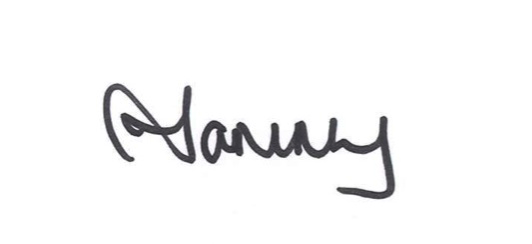The Mighty Toddler vs the Workplace Team
At first glance, the two might seem like chalk and cheese – but it’s funny how the fundamentals of any good human relationship remain the same, whether that is in the home environment or at work. So, what can a toddler teach us about managing a team?
Boundaries and Clear Expectations
The two year old needs to know what is acceptable behaviour and what is not. Likewise in the workplace, a team member needs to know what ‘contract’ (both explicit and implicit) they have with the organization and the consequences for meeting and breaching that contract. This isn’t just the policies and procedures and formal written contracts; but also what the Manager expects of the team member; both performance wise and the implicit rules and expectations. Equally importantly – when the contract is fulfilled, what can an employee expect (development, pay rises, acknowledgement) and what happens when the contract is broken (performance management or disciplinary action).
Trust
A child needs to know that when you say you’re going to do something, that you mean it. They need to know that they can rely on you doing what you say you’re going to do. They need to know they can be honest with you and that you’ll honour that honesty in the most appropriate way. Back in the workplace, if there is one thing that can fundamentally alter the relationship between the Manager and their team – it is trust. As Stephen Covey talks about in his book The Speed of Trust, trust is about being both credible (having integrity, good intent, the capability to deliver and delivering results) and consistent.
Communication
The toddler doesn’t always have the language to express what they feel or want to say, so to understand you need to listen, really listen – not just to the words, but also to the actions and the surrounding circumstances. Sadly – whilst the use of language may have improved by the time someone reaches the workplace; effective communication is still not totally common place for many team members and managers; leading to many a workplace dispute or issue that could easily have been avoided or resolved.
Reward
The toddler loves the use of stickers or stamps to reward achievement or good behaviour. Likewise, reward and recognition can be one of the most powerful tools in the manager’s toolkit. Here the Manager needs to look beyond the annual bonus or pay rise. Reward and recognition doesn’t have to be fancy or expensive. It needs to be timely (no good saying thank you for a job well done months after the project has been and gone), appropriate (sometimes a thank you is the most powerful recognition, other times something of more significance is appropriate), and valued by the employee (what is important to them).
Learning
The toddler learns all day every day – not only it is expected, it is encouraged. Yet, often by the time an employee reaches the workplace; learning seems to take a back seat. Managers who want to encourage creativity, innovation and enthusiasm in their teams should forget the prescriptive approach and foster a culture of new ways of thinking and doing. Employees should be encouraged to learn from their mistakes and to apply that learning to better ways of doing things – continuous improvement, anyone?
Being Part of a Family
The biggest learning for the toddler is often how to cope with the arrival of the new sibling in their life – that is, how to be part of a family in all the messiness that involves. Likewise, a workplace team is made up of individuals, all with their own personalities and histories. The sum of the parts can be so much more the whole – but this requires consideration of the team dynamics. An effective Manager considers the makeup of the team and tries to bring out the best in each team member rather than setting up competitiveness amongst the team. Does everyone know their role within the team? Disputes are dealt with quickly and effectively and not left to fester.
The above might seem simplistic when you consider all the sophisticated people and business tools that are available to Managers to help them with their businesses and their teams – but getting the basics right does set the team up for high performance, which is ultimately one of the key roles of the Manager.
Remember, employees join organizations but leave managers.
Until next week, happy leading.


